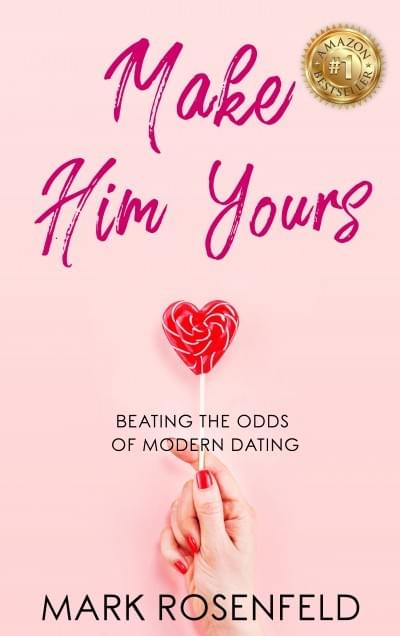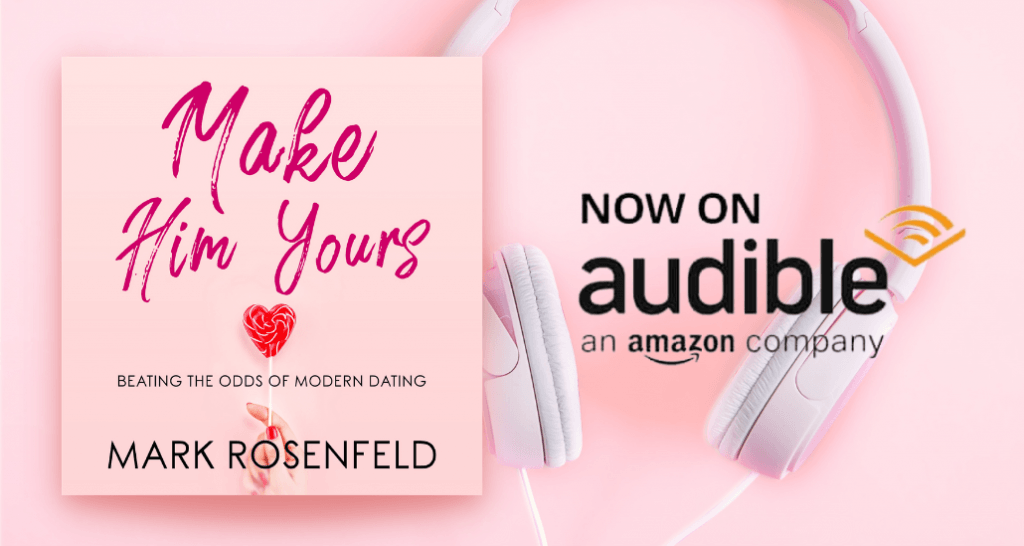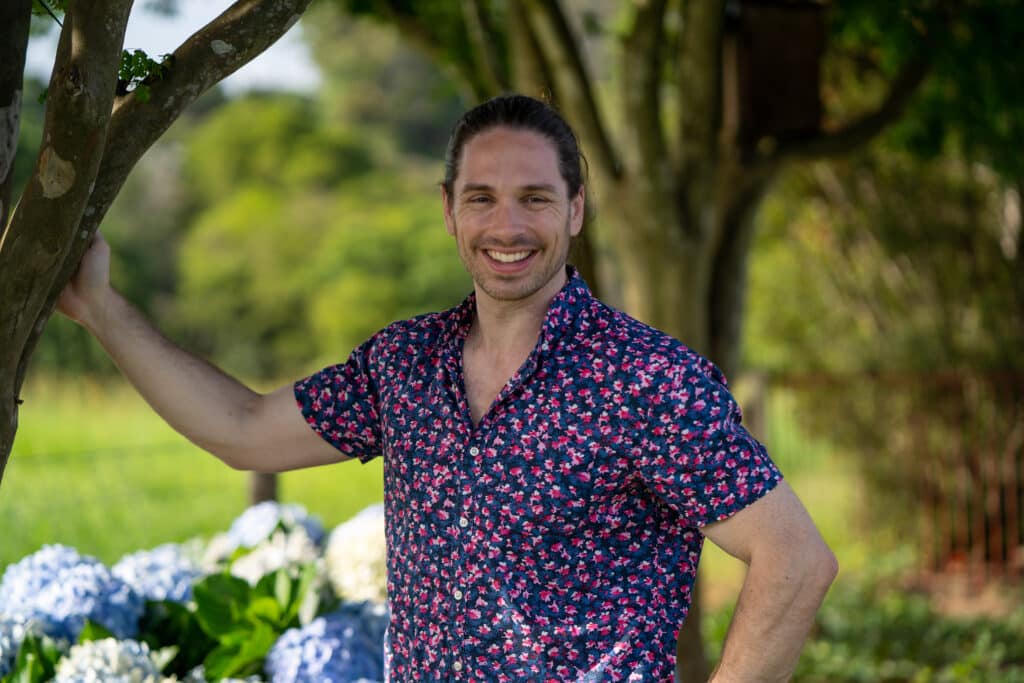I had a really beautiful client session recently that I thought I’d share on the blog.
Perhaps you can relate to this client. She’s on a journey to better relationships after attracting more than her fair share of betrayal, heartbreak and self-esteem eroding connections. She’s read the materials. She’s watched the videos. For the first time in her life, knows what gaslighting, boundaries and narcissism all mean. She’s recognising her pattern and where it came from in childhood and is finally making moves to get out on the dating circuit and meet some men.
But as all this knowledge piles into her brain, she fights a secret battle within herself. One part of her wants to change, while another part of her is stuck with feelings towards her previous (unhealthy) guy.
She WANTS to change, but part of her still craves him, and her old ‘emotionally unavailable’ type.
Relatable?

If you want to let go of your feelings for a guy, especially one who fits your old pattern, keep reading.
The first question I had to ask this client (or you, if you’re in this situation) is:
What benefit does holding onto these feelings give you?
She gave me an answer I hear often. “None! I want them gone!”
But the truth is, we don’t do anything that doesn’t serve us in some way.
This client thought longer, and then said…
“Well, it’s a mix. On the one hand, I feel excited and happy thinking about us together. On the other hand, I feel frustrated and annoyed at myself for thinking that. It’s been months. I’m so mad I can’t get rid of these feelings!!”
Notice here that “good” (excited and happy) feelings are the actual fantasy, while the “bad” (frustrated and annoyed) feelings are those she’s piled on top through her own self-judgement.
So, first thing I want her (and you) to do is take the sh!t (self-judgement) off.
Judging yourself for the feelings isn’t going to help you remove them. That will just make them dig their heels in.
Rather, seek first to understand.
If thinking about this guy brings up negative self-judgement, start by asking those negative judgements to step back for a bit, so you can get curious about the positive needs you’re meeting with the fantasy.
 Once that is done, dial in on the needs the feelings and fantasy are meeting for you by asking these questions:
Once that is done, dial in on the needs the feelings and fantasy are meeting for you by asking these questions:
What needs does this fantasy help me meet?
And
How do I feel when I imagine myself with him?
She started listing them.
I feel…
– “Excited”
– “Connection”
– “Healing/safety”
– “Soothed”
– “OK with who I am”
– “Understood”
– “Accepted”
– “Valued”
At this point, she started crying because she finally made the connection with what her (unhealthy) ex had made her feel, and why she was struggling so much to let those feelings go.
Judging yourself for the feelings isn’t going to help you remove them. That will just make them dig their heels in.
Now comes the work.
When we were children, we were dependent on love (our parents) for our needs, both physical and emotional.
Physical needs include food, shelter, and education. For these, we are quite literally under our parents’ thumb. If your parents say, “No dinner until you get A grades”, you better believe you’re killing yourself to get A grades. If they tell you, “you’re ‘eating your food on the roof,’” then you’re finding a ladder. If they say, “you can’t be in this house if you tell me ‘No,’, then we sure as hell rule the word “no” out of our vocabulary. You get the point. There is no setting boundaries. You’re helpless because your needs are non-negotiables.
Then as we age, we become independent from our parents. I.e. we realise we can meet these physical needs on our own. No longer are we under their thumb. Because we can meet these needs without them, this gives us power. We can set our own rules. Our parents can still cook us dinner, but our ability to do it ourselves means we no longer have to find a ladder if they refuse.
Well, our emotional needs, including feeling understood, feeling validated, feeling accepted, feeling loved and feeling valued and accepted are just as relevant to our survival as food, shelter, and education.
But unlike our physical needs, our strength & brainpower growth as we become adults does not necessarily allow us to meet these needs independently.
In many cases, well-meaning but poor parenting means women come to me in their 30s, 40s and beyond still completely dependent on others for their emotional needs. Not necessarily on their parents, but instead on the adult replica–their romantic partner.
Because these women never learned to meet their own emotional needs of, for example, feeling understood, accepted, and valued. They find it impossible to set any kind of boundaries with their romantic partners just like they were as kids with their parents.

Like the 6-year-old threatened with missing dinner, these women’s inner child reminds them to “take whatever they can get,” constantly pulling them back towards the source of whatever need their inner child most desperately craves.
So my client’s inability to meet these needs herself even for a little while meant that she had no chance of setting any healthy boundaries with men. Don’t risk biting the hand that feeds you, so to speak.
And this is where her brain wanted her to go. Getting back with the toxic guy gave her (at least in the short term) the needs her inner child craved from a loving parent and helped her avoid the dread she felt as a six-year-old.
This guy would provide a temporary supply of the feeling understood, accepted, and valued.
But it was coming at a cost.
Boundaryless dependence on this need was making her and will make you a victim to it.
Not because the need is unhealthy.
But because dependence means you have no ability to set boundaries with those you receive it from.
 So with this client, we went deep into her childhood. I had her sit with her younger six-year-old self, giving love, soothing and validation to a little girl who wanted it so badly, but whose needs, ultimately, were only met conditionally, if at all.
So with this client, we went deep into her childhood. I had her sit with her younger six-year-old self, giving love, soothing and validation to a little girl who wanted it so badly, but whose needs, ultimately, were only met conditionally, if at all.
As I’m sure you can imagine, tears flowed.
Is this way slower than simply going back to the guy? Yes.
Is this way harder than going back to the guy? In the short term, absolutely.
Is this the independence she needs so that she can lean back in when a healthy guy comes along and set rules and boundaries around having her needs met? Definitely.
I had her sit with her younger self for 15-20 minutes, and in that time, through a lot of tears, she started to give herself the understanding, acceptance and value she had always craved – only ever receiving it in brief periods from toxic men. Now, she was filling her own cup and weaning herself off the dependence of the men who could never truly show up for her long term.
In doing so, in finding her own internal “backpack” or understanding, acceptance and value, she could provide to her inner child, she was able to…
- Sooth her inner child with this “backpack” of needs whenever she missed her ex
- Finally let go of her feelings for her ex enough to take the actions to set boundaries with him
- Get back out there dating and lean back into interdependence, into receiving these healthy needs from a man again. Except this time, she would play equal partner in setting the rules.

Dependence. Independence. Interdependence.
That’s the journey we all must go through after childhood. First dependent, then to learn that we are safe to lean out with our own “needs backpack,” which means we can then lean back in and receive the need again, this time, from a place of boundaries and empowerment (interdependence).
If you want to work with me personally, you can fill out the form HERE. Otherwise join our FREE Facebook support group HERE!









